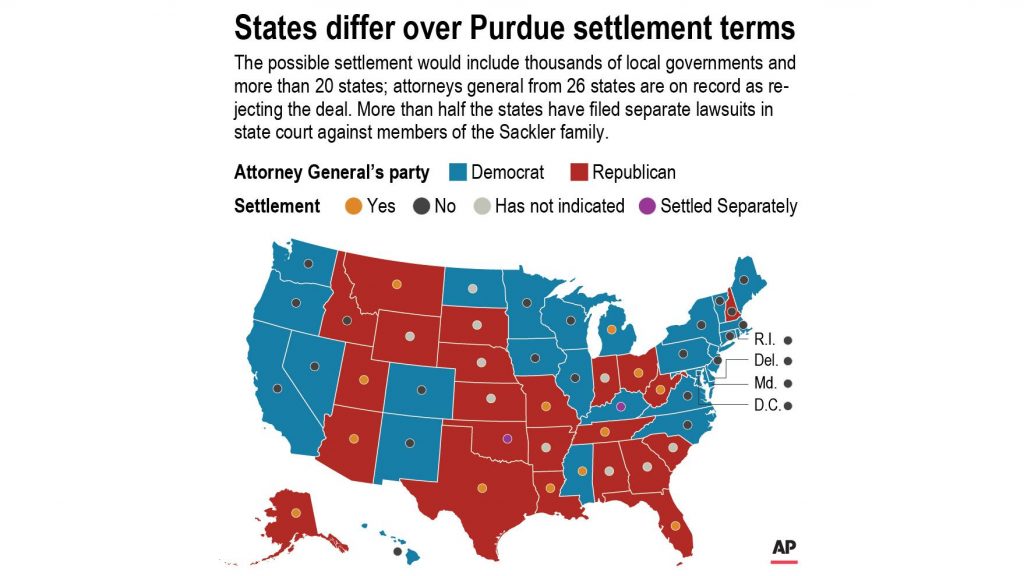
It had been a long day for Brad and Teresa touring the noodle factories of Taiwan. He pulled off his cowboy boots in the Presidential Suite in Taipei wanting to take a break before the big dinner tonight. He clicked on the TV, searching for the Vandals game figuring the kickoff was soon. Instead the airwaves were full of the Ukrainian Trump telephone conversation. Brad skipped the Fox News analysis.
“What should I wear tonight?” Teresa called from the walk-in closet.
“The black and gold dress!” Brad yelled, hoping she’d bring good luck to his Alma Mater.
She gave him “the look” and he laughed. “Go Vandals!” he retorted.
They went down the stairs before halftime and the Vandals were ahead so Brad was in good spirits.
“Governor, your table is here.”
They were escorted to the head table in the large banquet hall. Brad took off his jacket and threw it on the back of the chair, his Black and Gold suspenders complementing his wife’s dress.
As the hall filled he chatted with the Taiwan Minister of Economics. The minister asked, “Do you anticipate any tariff issues?”
“Oh, I don’t think our government would want to obstruct the free trade of agricultural commodities with Taiwan.”
The minister frowned. “Taiwan will always be a good trader and Idaho offers good wheat. We have agreed to take more. We are always willing to do favors.”
Brad laughed and clapped his shoulder. “It’s no favor. We grow good wheat. You make good noodles. We all benefit.”
The minister looked down, his frown deeper. “But surely, we can do more.”
Brad swirled his wine glass. “Well, we’ll grow more wheat.” Then he turned away as the Taiwan Minister of Security touched his elbow.
“Governor, I hope the noodle plants were to your satisfaction today. The Vandals are now down by 4 points in the third quarter.”
Brad didn’t skip a beat. “We’ll come back.”
“Maybe so.” The Minister of Security offered with a soft smile. “We have connections everywhere, but we cannot influence football games in Moscow, Idaho.”
Brad looked off, troubled by the news of the Vandal deficit. “We’ll come back.” He said again but distracted.
The Minister of Security cleared his throat and nodded his head to the man next to him who quietly moved away. “Governor, I am here to tell you if you need any favors in your state, we are here to help.”
Brad sipped the Washington Merlot and nodded. “We really appreciate all the wheat you guys buy.” He looked over to where Teresa was chatting with the wife of some Minister of Something. “Can you get your people to like potatoes more?”
The Minister of Security laughed and Brad did too. But as he started to turn away, the minister touched his arm. “We have many resources that could be an advantage to you. We know the political landscape of your state. Your primary election was very close. We study and have information. Let us know if you have any need, any need for any favors.”
Brad bowed toward the minister and the minister bowed back and before they parted he leaned in and added, “The Vandals just scored.”
Teresa gladly introduced Brad to her chatty companion, the wife of the Minister of Political Affairs. After the smiles and chatting Teresa leaned in to Brad and whispered, “Why does she keep asking me if we need any flavors?”
Brad frowned. “Maybe she has some influence on what dessert we get.”
Teresa didn’t give him “the look”, but she gave him the public look. “I think they are trying to tell us something and I just don’t get it.”
Brad nodded.









